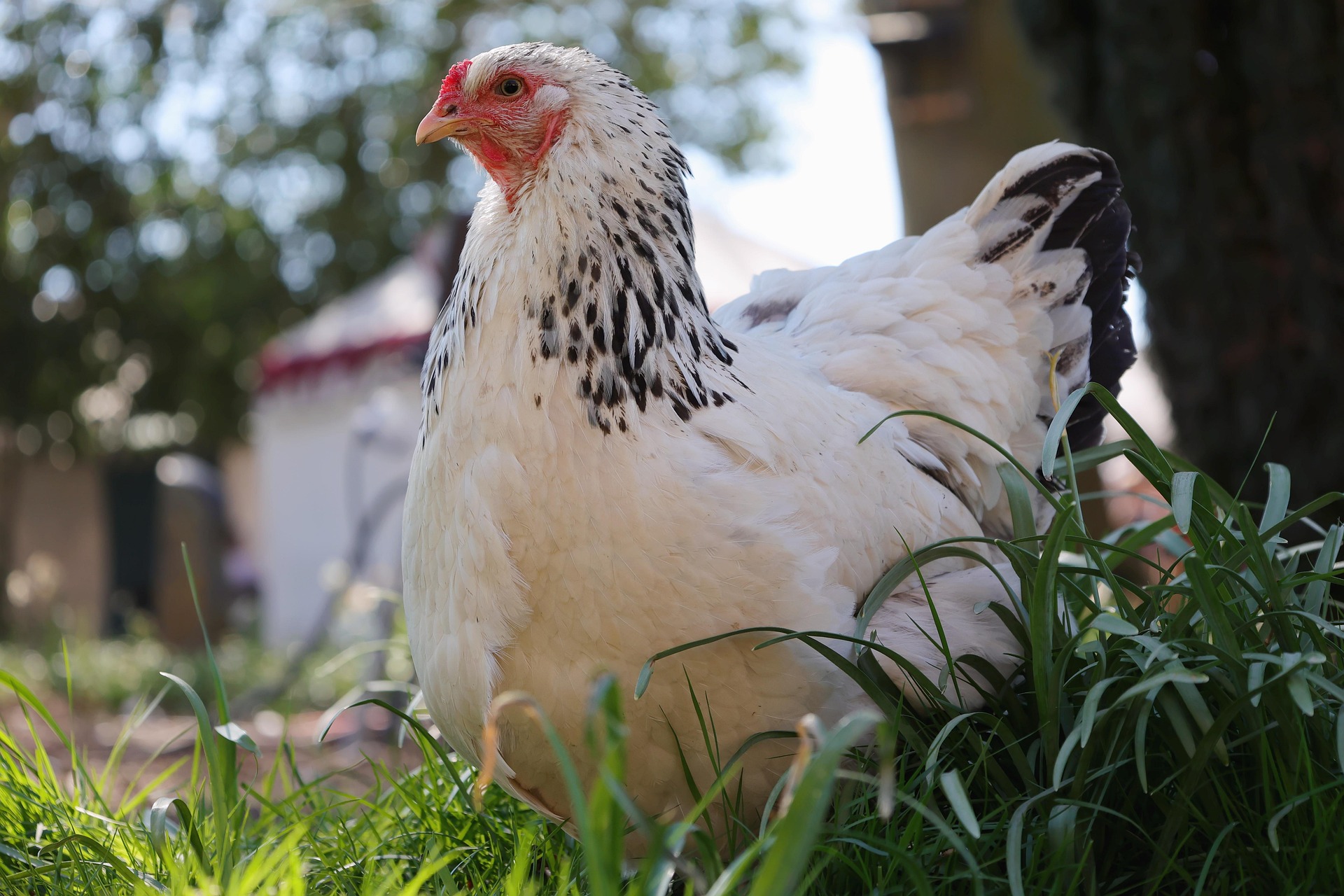A Comprehensive Guide to Bulk Chicken Feed Options for Poultry Farmers
Buying chicken feed in bulk can be a practical choice for farmers and backyard poultry keepers. Bulk options often come in various blends designed to support different stages of growth, from starter and grower formulas to layer feeds that promote healthy egg production.

Understanding Different Types of Bulk Chicken Feed
Chicken feed comes in several formulations designed for specific life stages and purposes. The main categories include starter feed for chicks (0-8 weeks), grower feed for pullets (8-20 weeks), and layer feed for egg-producing hens. Each type contains different protein levels and nutrient ratios optimized for that particular growth stage. When buying in bulk, it’s crucial to select the appropriate feed type that matches your flock’s current needs.
Benefits of Purchasing Chicken Feed in Bulk
Buying chicken feed in bulk offers several advantages. First, it typically results in significant cost savings per pound compared to smaller packages. Additionally, bulk purchasing reduces packaging waste and ensures a consistent supply of feed. Having adequate storage also means fewer trips to the feed store, saving both time and transportation costs. Many suppliers offer delivery services for bulk orders, adding another layer of convenience.
Storage Requirements for Bulk Chicken Feed
Proper storage is essential when buying chicken feed in bulk. The feed must be kept in a cool, dry place to prevent mold growth and nutrient degradation. Metal bins, food-grade plastic containers, or dedicated feed rooms with climate control are recommended storage solutions. Consider factors like rodent protection, moisture control, and easy access when setting up your storage system.
Comparing Bulk Chicken Feed Suppliers and Costs
| Supplier Type | Minimum Order Size | Average Cost per Ton* | Delivery Options |
|---|---|---|---|
| Local Mill | 500 lbs | $400-500 | Local delivery |
| Farm Store Chain | 1000 lbs | $450-550 | Pickup only |
| Direct from Manufacturer | 1 ton | $350-450 | Regional delivery |
| Cooperative Buying Group | 2+ tons | $300-400 | Coordinated delivery |
*Prices, rates, or cost estimates mentioned in this article are based on the latest available information but may change over time. Independent research is advised before making financial decisions.
Quality Considerations for Bulk Feed Options
When selecting bulk chicken feed, quality should never be compromised for cost savings. Look for feeds that meet or exceed nutritional requirements established by poultry experts. Key factors include protein content, calcium levels (especially for laying hens), and the inclusion of essential vitamins and minerals. Request certificates of analysis when available and inspect feed upon delivery for any signs of damage or contamination.
Planning Your Bulk Feed Purchase Strategy
Developing a strategic approach to bulk feed purchasing requires careful calculation of your flock’s consumption rates. Consider factors such as flock size, growth stage, and seasonal variations in feed consumption. Most chickens consume approximately 1/4 to 1/3 pound of feed daily, allowing you to estimate monthly requirements. Plan purchases accordingly while maintaining enough fresh feed without storing excessive amounts that could spoil.
Successful bulk chicken feed management involves balancing cost savings with practical considerations like storage capacity and feed freshness. By understanding your options and implementing proper storage and handling procedures, you can optimize your flock’s nutrition while maintaining efficient operations. Remember to regularly evaluate your bulk feeding program and adjust as needed based on your flock’s changing needs and market conditions.




